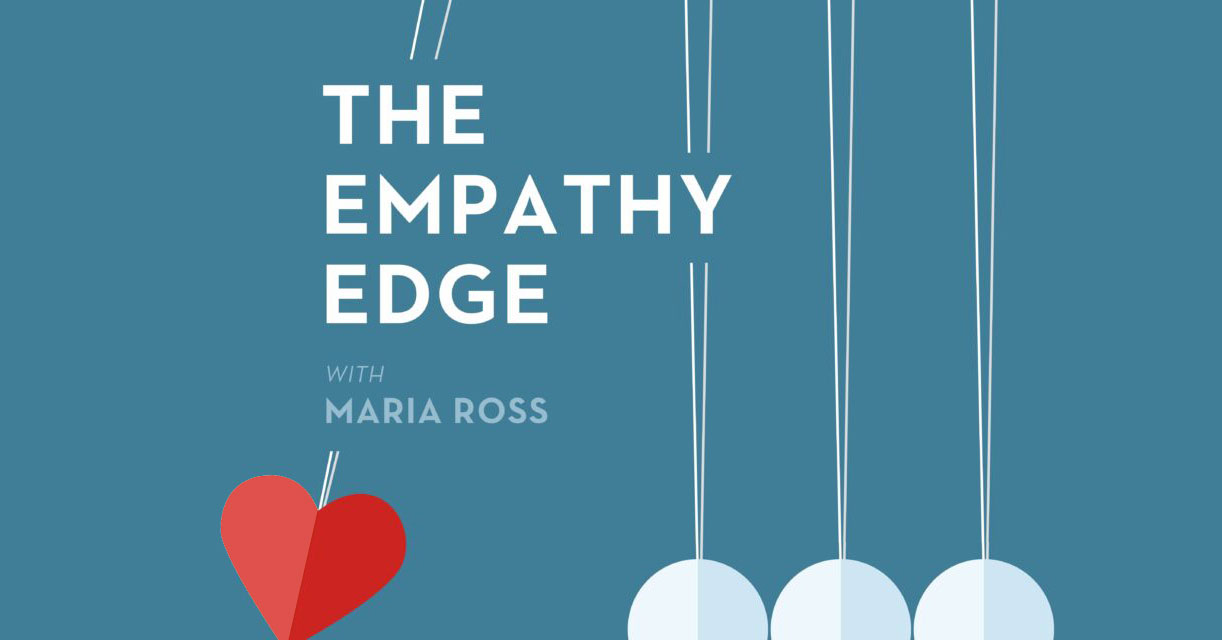Why is it important to ask questions, of ourselves and of others? Well, if you’re been here at this podcast for a minute, you know that curiosity is the #1 trait of empathetic people. My guest today, mental fitness practitioner, Marc Champagne shares how we are all one question away from changing our lives. Today, we talk about Marc’s obsessions with questions to get clarity, embrace intentionality, and explore possibility. We also talk about the Socratic Method and why you should care about the questions you ask – or don’t ask – in life and business. He shares some ideas for how to clear out your own mental fog and be more present. Take a listen to learn the art of asking questions to get more intentional and clear from our conversation today.
Key Takeaways:
- We can all be our own personal Socrates. We all have our little coach sitting on our shoulder at any moment’s notice, no matter what’s happening in life, and even more excitingly, where we’re at in life.
- To really properly hold space for another human you have to first hold space for yourself.
- Set ground rules that allow for you to open up a little bit more, be a little bit more vulnerable, and not feel so terrifying in the process.
“The biggest thing that I’ve learned is that we’re all one question away from a completely different life.” — Marc Champagne
About Marc Champagne:
Marc Champagne + Writer & Mental Fitness Practitioner
Marc Champagne unpacks the mental fitness practices and reflective questions shaping the lives of some of the most successful and brilliant thinkers in the world. He is the host of the top 50 ranked podcast Behind The Human and co-founded the journaling app (KYO) which ended up reaching 86.9 million people without any paid advertising. He has studied mental fitness practices for over a decade and consults with Fortune 500 companies.
Marc’s first book,Personal Socrates: Questions That Will Upgrade Your Life From Legends And World-class Performers, explores the pointed questions that stimulate our mental fitness and teach us how to direct our internal narrative to work for us, instead of against us. Marc unpacks the prompts and mental fitness practices of legends such as Kobe Bryant, Maya Angelou, Robin Williams, James Clear, Coco Chanel, Stephen Hawking, and many others to bring clarity, intentionality, and possibility to every aspect of your life.
Connect with Marc:
Book: Personal Socrates: Questions That Will Upgrade Your Life From Legends And World-class Performers
Website, Podcast and Book: https://www.BehindTheHuman.com
Twitter: https://twitter.com/marcchampagne
LinkedIn: https://www.linkedin.com/in/marc-champagne-14767b17
Instagram: https://www.instagram.com/behindthehuman/
Don’t forget to download your free guide! Discover The 5 Business Benefits of Empathy: http://red-slice.com/business-benefits-empathy
Connect with Maria:
Get the podcast and book: TheEmpathyEdge.com
Learn more about Maria’s brand strategy work and books: Red-Slice.com
Hire Maria to speak at your next event: Red-Slice.com/Speaker-Maria-Ross
LinkedIn: Maria Ross
Instagram: @redslicemaria
Twitter: @redslice
Facebook: Red Slice


